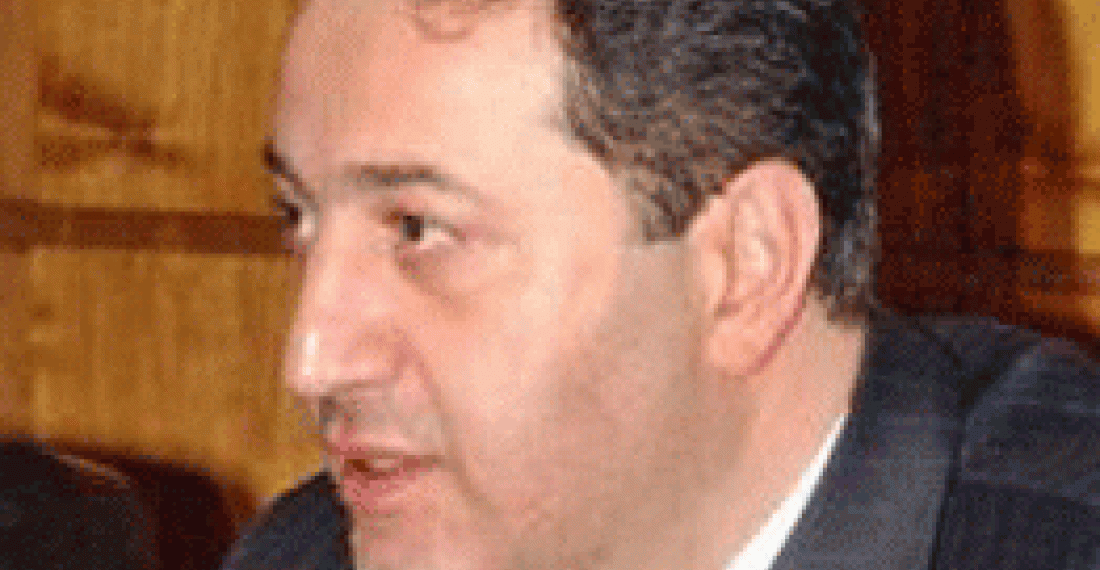In the past decade Armenia has succeeded in almost all fields. What was just a dream some 10 years ago has become a reality today, Armenia's ex Trade and Economic Development Minister Karen Chshmarityan told journalists on Thursday.
"The started negotiations for a deep and comprehensive trade agreement with the EU are a serious achievement for Armenia. This proves that Europe approves of our reforms and economic standards, and this is crucial for our European integration," Chshmarityan said.
He expects the negotiations to last for 2-3 years. "The agreement will allow us to diversify our foreign trade and will give us access to a new 500mln-strong market. This market sets high quality requirements, so, our producers will be forced to improve their quality by applying new technologies, employing highly qualified specialists and financing science," Chshmarityan said.
He does not think that Armenia's agreement with Europe will harm its relations with Russia and the CIS. "Russia is interested in the high quality of our products. So, this agreement will be good for our relations with the Russians," Chshmarityan said.







